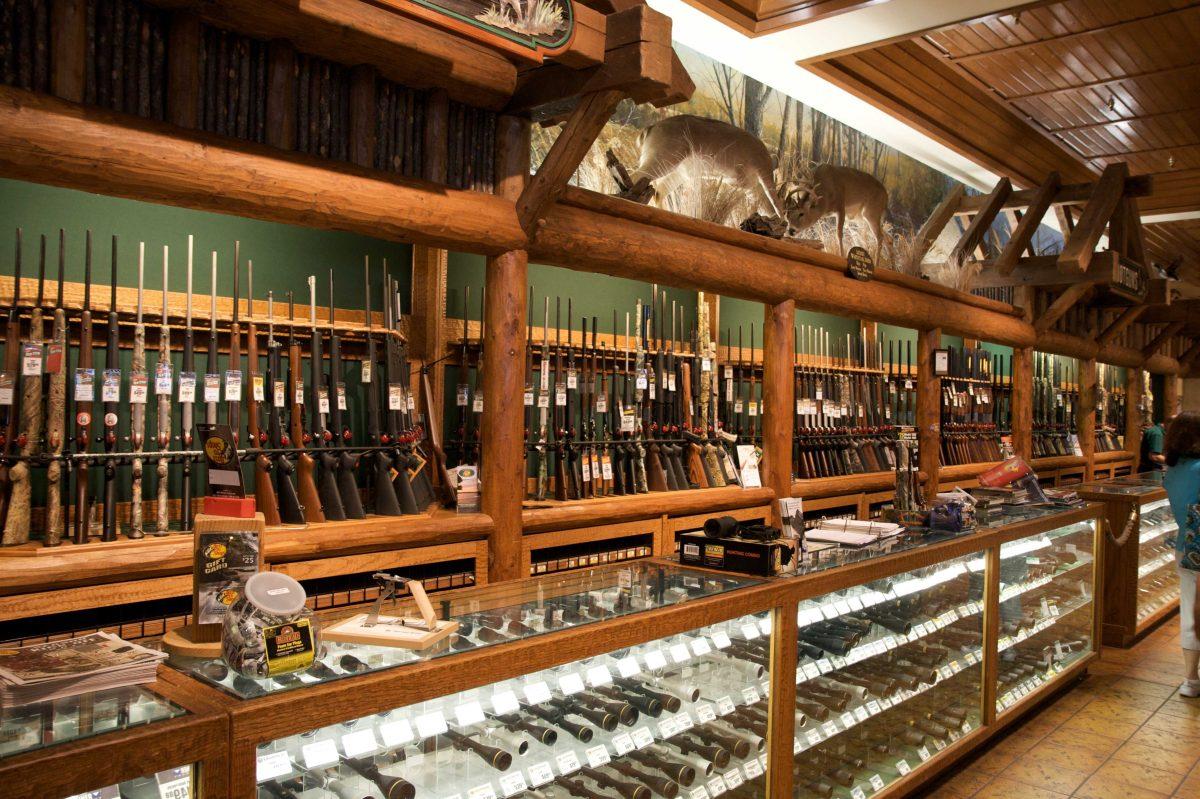Editor’s note: This is the third column in a four-part series on mental health and gun control.
Background checks, screenings, exams, licenses; none of these, alone, will ever be enough to stop gun related violence. No matter how much people want you to think firearms will somehow become inherently safer if such methods are put in place — their assumption would still be wrong. Guns, simply, are the tools of killing. People are far too volatile for them to ever be safe. End of story.
This proposed system is nothing more than people wanting to have their cake, and eat it, too. It must be said, however, they can’t be entirely blamed for this; it is the only option they have. If they want a world where they can own the weapons they like, they must simply pay the price of accepting this world will not be free of gun-related crime. They must accept their wishes do equate to the creation of a more violent world. This, however, they refuse to do.
Strictly regulating the ability to attain a firearm does nothing towards entirely eliminating crime. Even if we cede ground to the hypothetical and impossible instance in which it would work, then the entire argument of using a firearm as a method of self defense is weakened. Additionally, the argument of using a firearm to combat a felon wielding one, is discredited entirely, for no such felon would any longer exist.
The fact of the matter is that there is, in fact, no “safe” way to distribute an instrument made for killing. This is true because of the fact that these instruments are tools made for human hands, and that — as I mentioned earlier in this series — these tools multiply minimal physical effort into maximum efficiency, and humans, messy as we are, are far too unpredictable.
No system can predict human action. Neither thousands of years of philosophy and religion, nor modern psychoanalysis are even able to reduce the mess of our mentality into a nicely organized system of certainty. There is no reason to assume that a system of trade regulations would be able to predict anything further.
First time criminals have no backgrounds to check, and trying to peg someone as a “likely” criminal would be far too complicated and only lead to prejudice. We can not tell when a veteran, licensed to carry a gun, might suffer from a PTSD-induced lapse of mental stability. We can not tell when a police officer will have an unprecedented day of annoyance. We can not tell when people will lose control, or who has a short temper, or who really hates Muslim-Americans. We can do none of these things with absolute certainty. A system which assumes such absent certainty is destined only to fail.
There are far too many factors governing us, for a system of firearm regulation to work as well as gun-rights advocates would like you to think it will. No system can pick up criminals which are not yet criminals. Quite simply, we must grow up and come to accept the consequences of our wishes. If you want to own a gun, know that innocent people will be killed by one every day. When you pick it up, know that a criminal will as well. That is the price you pay. Do not convince yourself that it isn’t. Do not convince yourself that you have no hand in such crimes.
Jordan Marcell is a 20-year-old English and studio art sophomore from Geismar, Louisiana.
Opinion: Background checks, regulations ineffective in controlling gun-related crime
February 9, 2017
Gun regulations (copy)





